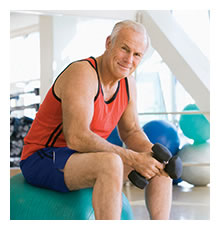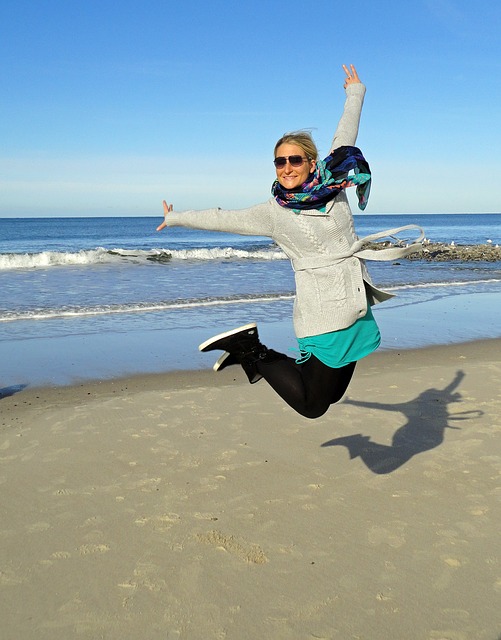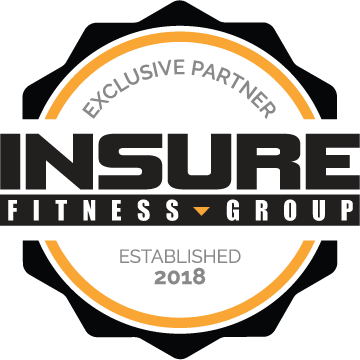Anyone over 40 can tell you of the struggle to maintain or regain a healthy body as aging takes its natural toll on our weight and all other aspects of our internal and external physiology. More and more personal trainers will be dealing with clients in the 40+ age group, so it’s important for these clients to understand the importance of more exercise as they age.
Today, there are few jobs where the right type of exercise mix is inherent to the job. In fact, the reality is that a vast majority of people lead a pretty sedentary lifestyle. That takes an accumulative and greater toll on our bodies as we age in a variety of ways. It starts with the declines brought on by the natural aging process.
These include a decrease in maximum heart rate, which impacts endurance as well as loss of lung capacity and ability to move oxygen into the blood stream leading to getting tired faster. Other aspects include the natural loss of muscle strength and mass as we age in addition to the loss of bone density and strength. A big one is the decline of blood flow to the brain, which affects cognitive abilities. While to some degree these are all part of aging, they can be countered in significant ways through exercise as every trainer knows.
Most people associate the signs of aging with the period of life when they begin to gain weight and find it harder to lose. The reality is that although diet still plays an important part, researchers are finding that exercise has more to do with losing it and keeping it off as we age than diet does. This conundrum has been experienced by many people that have made big improvements in the quality of their diet as they age without seeing the requisite weight loss that they had hoped for.
A recent study bears out the findings of the importance of exercise over diet in weight loss with adults as they age. The research study, which was published in the latest edition of the Medicine & Science In Sports & Exercise journal, looked at data points for 4,999 American adults ages 20 to over 70 years old. The study focused on data that showed an inclusive snapshot of how Americans are aging and the changes in their diet and exercise levels. The results showed that exercise, not diet was the prime determining factor in healthy aging overall.
A recent New York Times health Guide article expounds on the many benefits of exercise as we age ranging from bone and joint health to lowered risk of chronic conditions and disease states. As a skilled personal trainer, you are likely aware of this information, but having additional sources for your clients to be able to read and understand boosts their understanding and collaborative cooperation in a well-designed fitness program to help them  maintain a high quality of life.
maintain a high quality of life.
A fitness program made up of the combination of low impact aerobics and strength training designed to meet the needs of the individual is the key. Although it may often bring additional modifications for aging adults in various states of health, its benefits are undeniable. This not only includes more strength and muscle tone, better balance and coordination, but a wealth of internal improvements. These include substantial improvements in insulin sensitivity and glucose metabolism as well as stronger lungs and improved cardiovascular health. In addition, the benefits of exercise to our cognitive abilities as we age have been the subject of numerous studies.
Clients over 40 make up a very significant percentage of all clients utilizing a personal trainer. They can be found in a variety of settings either in one-on-one sessions or in group fitness training classes and lifestyle segments. Just like any age group, they have their special considerations that require personal trainers to be knowledgeable about in order to know how to work with them successfully. The knowledge of how to incorporate exercise into the lifestyle for aging adults may be a necessity for all of us, but it is also an opportunity for personal trainers that will remain evergreen.



